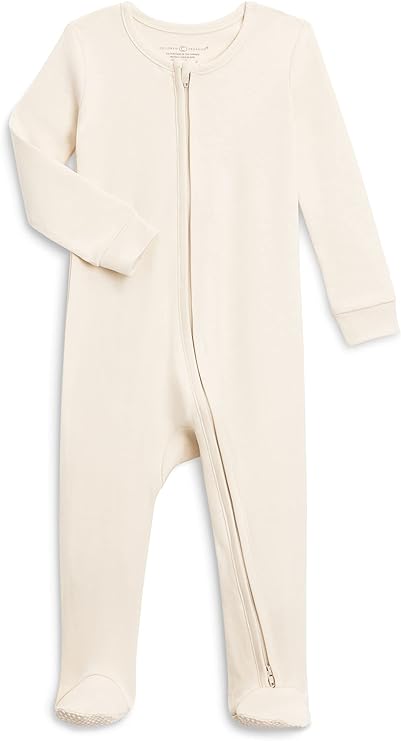Dye-free apparel, also known as undyed or naturally colored clothing, offers a range of benefits that span environmental, health, and aesthetic considerations. Here are some key advantages:
- Environmental Sustainability:
Dyeing textiles traditionally involves the use of various chemicals, many of which can be harmful to the environment. The production and disposal of dyed clothing contribute to water pollution and the depletion of natural resources. Dye-free apparel helps reduce the ecological impact associated with the textile industry by eliminating the need for these harmful chemicals. - Reduced Water Consumption:
Traditional dyeing processes require substantial amounts of water for washing and rinsing fabrics. Dye-free apparel, by skipping the dyeing phase, significantly reduces water consumption in the manufacturing process. This conservation of water resources is crucial for sustainable and responsible production practices. - Elimination of Harmful Chemicals:
Some individuals may experience skin irritation or allergies due to the chemicals present in synthetic dyes. Dye-free apparel eliminates the risk of adverse reactions, making it a preferable option for those with sensitive skin or allergies. This can contribute to improved skin health and overall well-being. - Natural Aesthetics:
Dye-free clothing often retains the natural color of the fabric, showcasing the inherent beauty of materials. This can result in a unique and authentic aesthetic, appealing to those who appreciate the simplicity and purity of natural fibers. The textures and tones of undyed fabrics can be visually appealing in their raw, unaltered state. - Healthier for Individuals:
Choosing dye-free apparel can be particularly beneficial for individuals with skin conditions like eczema or dermatitis. Since these garments lack synthetic dyes and their associated chemicals, they pose a lower risk of causing skin irritation or exacerbating existing skin conditions. - Support for Sustainable Agriculture:
Some dye-free fabrics are derived from naturally pigmented fibers, such as organic cotton or hemp. Supporting the use of these materials promotes sustainable agriculture practices that are gentler on the environment, including reduced reliance on pesticides and fertilizers. - Longevity and Timelessness:
Dye-free clothing often has a timeless and classic appeal. Choosing undyed garments can be a sustainable fashion choice as they are less likely to go out of style, promoting a more enduring and less disposable approach to clothing.
In conclusion, dye-free apparel aligns with a growing awareness of the environmental and health impacts of traditional textile production. As consumers seek more sustainable and mindful choices, dye-free clothing emerges as a viable option that encompasses both ethical and aesthetic considerations.
